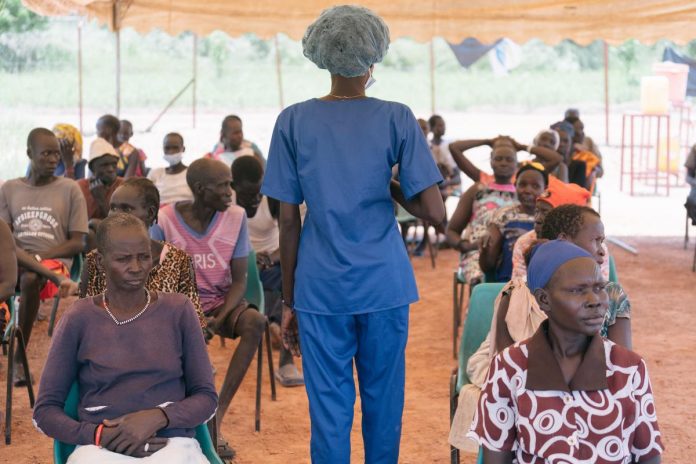
In a “Global health and wellbeing” statement, the World Council of Churches (WCC) executive committee noted that the terrible experience of COVID-19 awakened us all to the real and continuing threat of pandemics in our hyper-connected and over-exploited world.
“Other longstanding challenges to health and wellbeing have been masked—or in some cases exacerbated—by the pandemic,” the statement reads. “The pandemic also resulted in exceptional pressures on the physical and mental health of overburdened and under-supported frontline medical and health workers, many of whom suffered burnout and other health consequences while seeking to care for so many others.”
COVID-19 also highlighted several obstacles that hampering the full realization of the vision of health and wellbeing for all. “Given some churches’ initial response to the introduction of vaccines, and the subsequent shift when dialogue was initiated by healthcare professionals on the frontline, it is clear that there is need for greater interaction between the sectors,” the statement notes.
The statement also notes that population growth is outstripping socio-economic development in most countries. “Increasing expenditure on military and armaments by many countries continues to reduce public investment in health and other related social sectors dramatically,” the text reads. “Neglected tropical diseases are sometimes called diseases of the poor, and still serve as an example of persisting lack of equity and justice in health.”
The statement welcomes the establishment of a WCC ecumenical commission on health and healing, and invites WCC member churches to commit to becoming ‘health-promoting churches’ by running evidence-based health promotion ministries; evaluate their national health systems and identify critical areas where they can intervene in order to ensure comprehensive and inclusive health services; assess their current portfolios of health-related programmes against community needs and gaps in available health services; and take other measures toward revitalising the ecumenical commitment to primary health care for all.
The WCC executive committee, elected during the WCC 11th Assembly, held its first meeting on 7-11 November, focusing on follow up from the assembly, planning for 2023—including the budget and programme plans—and making statements that respond to critical situations affecting the fellowship of WCC member churches.














